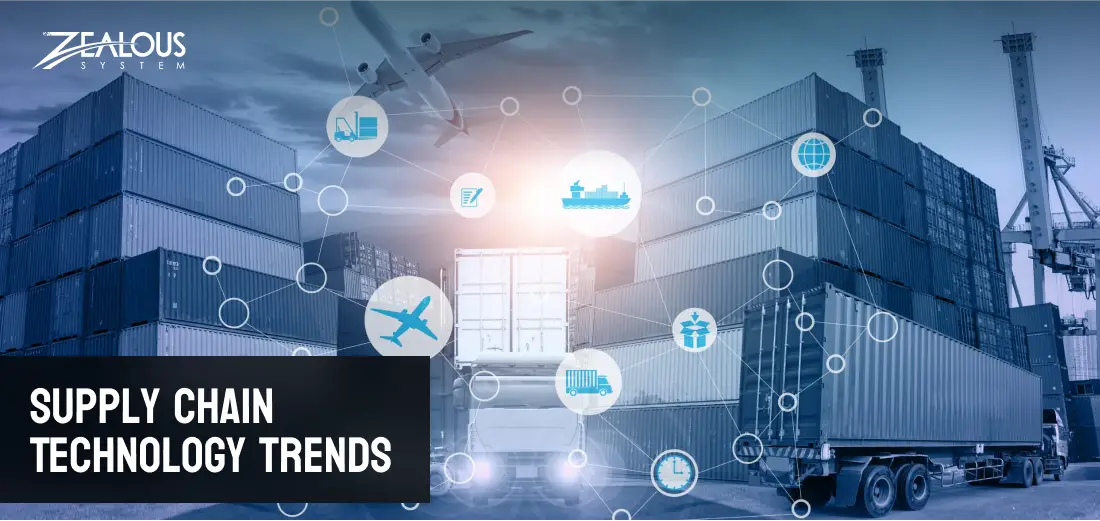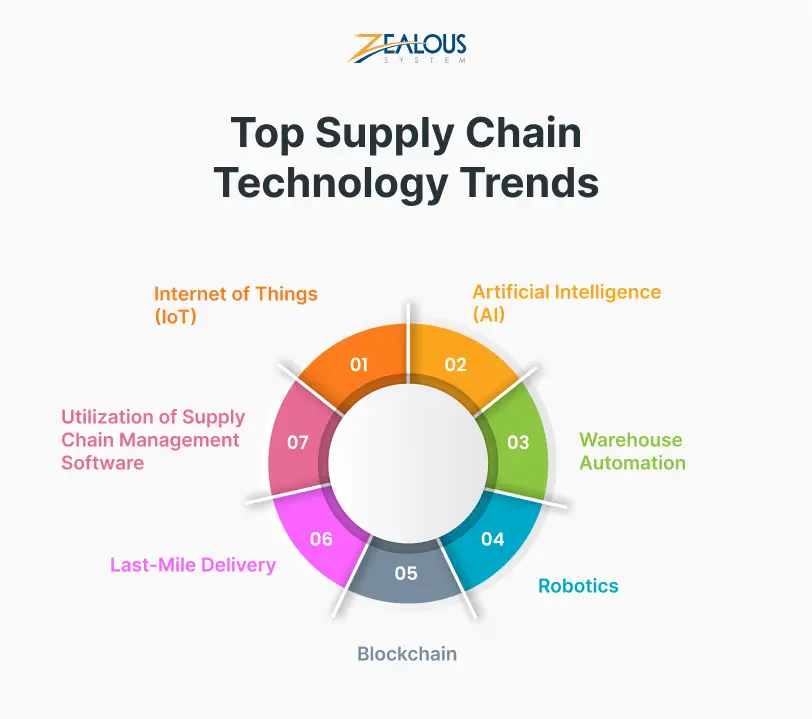
- Company
- Services
- UI/UX Design Services
- Microsoft Dynamics 365
- Mobile App Development
- AI Software Development
- Web App Development
- Generative AI Development
- Digital Product Development
- Enterprise Mobility
- SaaS Application Development
- Application Integration
- White-label WP Maintenance
- ERP Software Solutions
- Software Testing
- Offshore Development Center
- Let’s Connect
- Trending
- Technology
- Industry
- Build Your Team
- Our Work
- Company
- Services
- UI/UX Design Services
- Microsoft Dynamics 365
- Mobile App Development
- AI Software Development
- Web App Development
- Generative AI Development
- Digital Product Development
- Enterprise Mobility
- SaaS Application Development
- Application Integration
- White-label WP Maintenance
- ERP Software Solutions
- Software Testing
- Offshore Development Center
- Let’s Connect
- Trending
- Technology
- Industry
- Build Your Team
- Our Work
We use cookies and similar technologies that are necessary to operate the website. Additional cookies are used to perform analysis of website usage. please read our Privacy Policy
7 Emerging Supply Chain Technology Trends and Innovations

The global supply chain industry is undergoing a massive change. From the disruptions of the pandemic to the ever-increasing demands for sustainability and agility, businesses are scrambling to adapt and innovate.
Fortunately, a wave of innovative supply chain technologies is emerging, promising to transform the way we manage, optimize, and even predict supply chains.
In the aftermath of the pandemic, the prioritization of supply chain resilience and adaptability has become paramount for brands. Although supply chain automation was already on the rise pre-COVID-19, the substantial labor shortages and bottlenecks experienced during the crisis highlighted the critical need for technologies that can enhance the future-proofing of a brand’s supply chain. Consequently, projections indicate that by 2035, approximately 45% of supply chains will have transitioned towards a predominantly autonomous model.
In this blog post, we’ll discuss into the key supply chain technology trends and innovations that are driving change and shaping the future of global logistics.
What is supply chain technology?
Supply chain technology encompasses a wide range of hardware, software, and digital tools used to optimize and improve the flow of goods, information, and finance across the entire supply chain. It’s essentially any technology that helps manage the journey of a product, from its raw materials to its final delivery to the customer.
How can technology improve the supply chain?
By using the right tools, businesses can transform their supply chains into smooth, efficient, and resilient machines. Let’s explore some key ways technology is revolutionizing the game:
- Track products from source to customer with sensor tracking, RFID, and blockchain.
- AI and machine learning predict demand accurately, avoiding stockouts and meeting customer needs.
- AI-powered systems choose best routes, carriers, and predict traffic delays for faster, cheaper deliveries.
- Cloud platforms connect all stakeholders (suppliers, distributors, retailers) for transparency and agility.
- IoT sensors monitor energy use, blockchain ensures ethical sourcing and practices
- Machine learning predicts equipment failures, enabling preventive maintenance and reducing downtime.
- Robust solutions protect sensitive data and ensure smooth operations.
- Analytics unlock insights, identify improvement areas, and guide data-driven choices.
Here Are The 7 Latest Supply Chain Technology Trends & Innovations:
1. IoT Technology Trend in Supply Chain:
The Internet of Things has revolutionized supply chain visibility. Sensors and connected devices enable real-time tracking of goods, providing valuable data on location, condition, and transit times. From optimizing inventory management to enhancing demand forecasting, IoT plays a pivotal role in creating a responsive and interconnected supply chain.
This supply chain technology trend underscores the transformative impact of IoT on modern logistics and underscores its significance in shaping the future of supply chain management.
2. Artificial Intelligence (AI) Tech Trend in Supply Chain:
AI transforms supply chain operations through the integration of cutting-edge technologies. This supply chain technology trend leverages predictive analytics, machine learning, and automation to enhance demand forecasting accuracy, effectively minimizing stockouts and overstock situations.
Machine learning algorithms play a pivotal role in optimizing routing, scheduling, and inventory replenishment processes, ensuring a finely tuned supply chain. Furthermore, AI-driven automation takes center stage by streamlining decision-making processes, contributing to an overall improvement in efficiency within the supply chain.
3. Warehouse Automation Technology Trend in Supply Chain:
The use of warehouse software, including robotics and autonomous systems, is a pivotal aspect of the current supply chain technology trend, reshaping traditional logistics. Automated guided vehicles (AGVs) and robotic arms optimize picking, packing, and sorting processes, reducing errors and increasing operational speed.
These innovations contribute to building a more agile and responsive supply chain, aligning with the evolving demands and expectations of the industry.
4. Robotics Innovation in Supply Chain:
Robotic technology extends beyond warehouses, with robotic process automation (RPA) transforming administrative tasks. Drones and autonomous vehicles contribute to efficient inventory management and transportation. The integration of robotics enhances precision, speed, and cost-effectiveness, driving a paradigm shift in supply chain technology trends and dynamics.
5. Blockchain Technology Trend in Supply Chain:
Blockchain technology is a pivotal supply chain technology trend, introducing transparency, security, and traceability to the supply chain. By creating an immutable ledger of transactions, it minimizes fraud, errors, and delays. Smart contracts automate and enforce agreements, ensuring compliance across the supply chain.
Blockchain’s decentralized nature enhances trust and accountability, fostering collaboration among supply chain partners. The utilization of this innovative technology marks a significant leap forward in optimizing supply chain processes and establishing a foundation for a more resilient and efficient industry.
6. Last-Mile Delivery:
The last mile delivery software is a crucial segment of the supply chain, and technological innovations are playing a pivotal role in optimizing this phase. Autonomous delivery vehicles, route optimization algorithms, and real-time tracking systems, reflecting the supply chain technology trend, significantly improve delivery accuracy and speed. Companies are actively exploring cutting-edge solutions like drone deliveries to address the escalating customer expectations for rapid and efficient last-mile services.
7. Utilization of Supply Chain Management Software:
Supply chain management software integrates various technologies into a cohesive system, providing end-to-end visibility and control. These platforms enable efficient order management, inventory tracking, and demand forecasting. Cloud-based solutions enhance accessibility and scalability, allowing businesses to adapt to changing market demands seamlessly.
Conclusion
The future of supply chain management is driven by technology, and these trends showcase the industry’s ongoing evolution. Embracing IoT, AI, warehouse automation, robotics, blockchain, last-mile delivery solutions, and supply chain management software development is crucial for businesses aiming to stay competitive, agile, and responsive in an ever-changing global market.
As companies navigate this technological landscape, engaging with a supply chain management software development company becomes paramount. By partnering with experts in the field, businesses can position themselves to meet the challenges and opportunities that lie ahead in the supply chain of the future.
Read Also:
We are here
Our team is always eager to know what you are looking for. Drop them a Hi!
Pranjal Mehta
Pranjal Mehta is the Managing Director of Zealous System, a leading software solutions provider. Having 10+ years of experience and clientele across the globe, he is always curious to stay ahead in the market by inculcating latest technologies and trends in Zealous.
Table of Contents
×


Comments